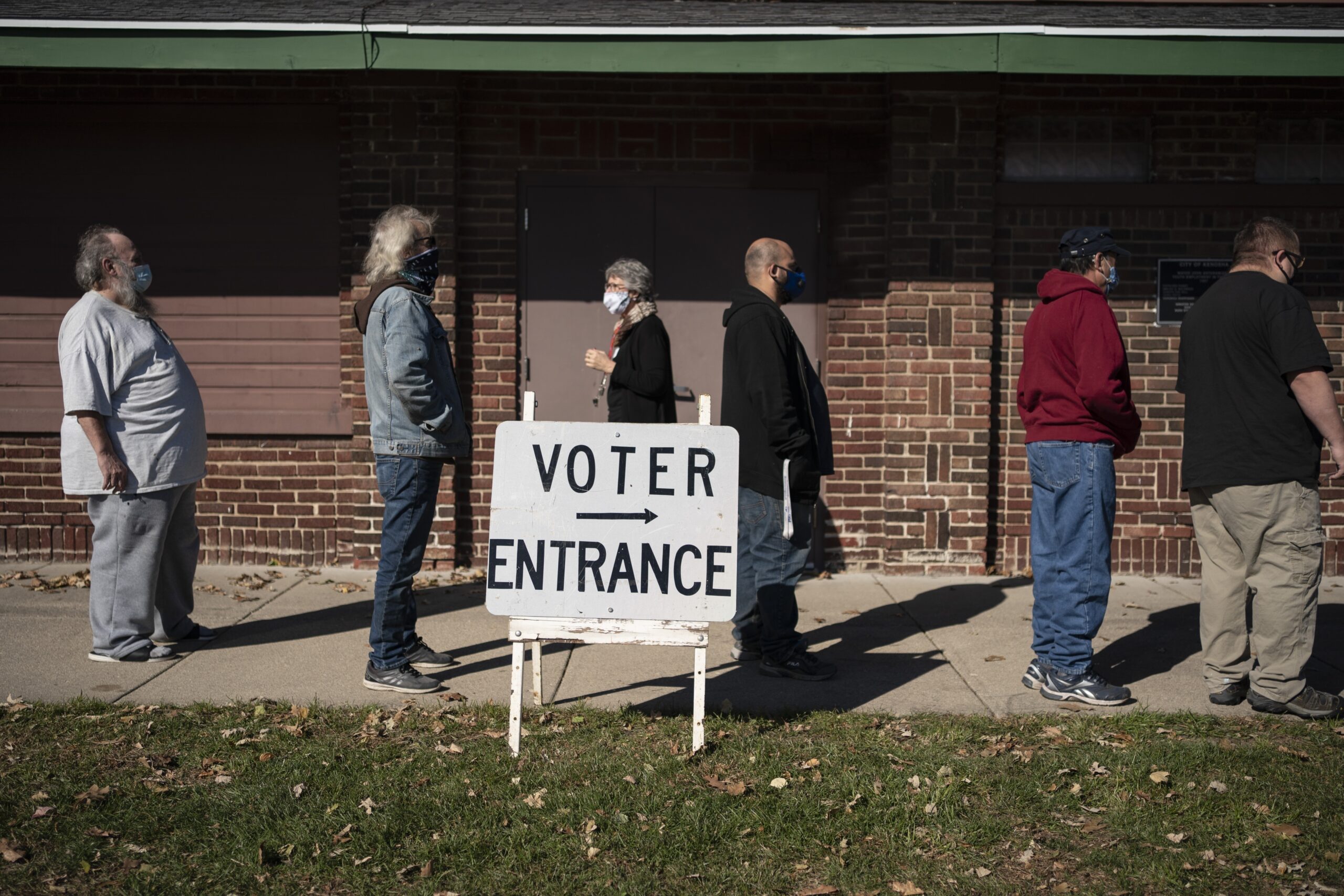

Opponents of the Electoral College argue that the effort to abolish it is bipartisan and would not change if the popular vote swung toward former President Donald Trump.
The Electoral College has become an increasingly partisan matter, particularly after Democratic resentment in 2016, when Trump lost the popular vote but won enough electoral votes to secure the presidency. The seemingly partisan nature of campaigns against the Electoral College has, in turn, endeared it to Republicans — a 2023 Pew poll found that while 82% of Democrats want to abolish the Electoral College, only 47% of Republicans do.
The heavy bias has led many to suspect that if fortunes were to sway the other way, with Trump winning the popular vote but President Joe Biden winning the Electoral College, advocates for its abolition would change course. However, many advocates argue that is not the case.
One such advocate is Saul Anuzis, a lifelong Republican from Michigan. He works with the National Popular Vote group, a bipartisan movement to abolish the Electoral College and instead decide presidential elections by the popular vote. Anuzis argues that the matter is a bipartisan one, and the reformation of the electoral system would not necessarily favor Democrats.
“I used to be the Republican chairman in Michigan,” he told the Washington Examiner. “I think we’re a center-right nation. I think more people share our values than [the Democrats]. I would rather run a presidential campaign nationwide in all 50 states and give Republicans and conservatives a reason to vote across the country rather than trying to thread the needle and pick off a winning coalition, you know, in Ohio, Florida, Michigan, Wisconsin, whoever happens to be the battleground state that year.
“You take a look at California as an example,” he continued. ” … California has more Republicans than probably 25 or more states combined, but they don’t have a reason to vote because it’s such a strong Democratic state, that their voting … on average drops like 25% below voter registration among Republicans. But then if you take a look at California, you know, they pass tax initiatives … school choice, etc. So, you know, there’s a lot of people who understand when their vote counts and when it doesn’t.”
While Anuzis acknowledged that more Democrats support a national popular vote than Republicans, he said it is more a matter of messaging from advocates than anything.
“There’s still a lot of people that don’t understand the value, and I think a lot of people kind of have the same thought … that Republicans have never won a popular vote,” he said. “I always like to say, you know, if you take a look at it, knee-jerk Democrats took a knee-jerk for this because they think Al Gore and Hillary Clinton would be president. That’s kind of what our job is — to have the conversation with people and explain, you know, what’s the value of having every voter in every state be politically relevant?”
Anuzis was also steadfast in the constitutionality of the argument. Pursuant to Article II of the Constitution, “Each State shall appoint, in such Manner as the Legislature thereof may direct, a Number of Electors,” leaving some ambiguity as to how to choose electors.
Anuzis sees this direction in the Constitution as in line with a popular vote, and the National Popular Vote group describes it as a “constitutionally conservative, state-based approach.”
“If you go back historically, at one time, governors used to appoint electors, the state legislature used to appoint electors, people used to actually physically run in electoral districts,” Anuzis said. “And it wasn’t until we went in and out of the Civil War, and the North and the South wanted reliable electors, that the states basically moved to the winner-take-all rule, which is what we use today in 48 of the 50 different states. So from a constitutionality standpoint, there’s basically zero question that this is the constitutional way of doing it.”
CLICK HERE TO READ MORE FROM THE WASHINGTON EXAMINER
In all, he was confident that a Republican candidate could win the popular vote if it came to it, and he dismissed concerns that Democrats have won all recent popular votes as not representative of what would happen if a popular vote was adopted.
“I’m not afraid of our ideas as a Republican, as a conservative, to run nationwide,” Anuzis said. “I actually think it would be beneficial. I think we can win. And we have never really run a national popular vote election. So I think that’s a very important factor because I think kind of a misconception is … I’ve never seen Republicans win the national popular vote. Well, we’ve never run one.”




